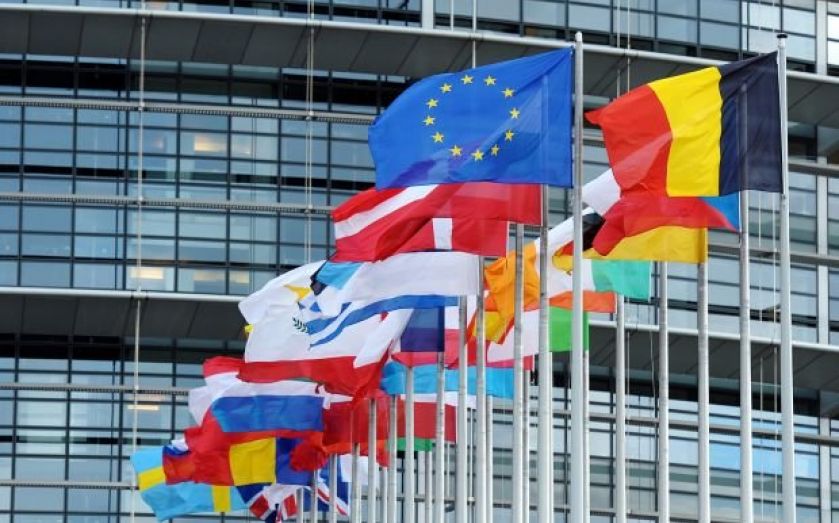| Updated:
Eurozone economic sentiment falls to 10-month low

Eurozone economic sentiment has fallen to its lowest level in 10 months, and below the long-term average, on the back of falling consumer confidence.
Sentiment in the region dropped by 0.7 points to 99.9 – below the long-term average of 100 – while sentiment from within the EU also fell, by 1 point to 103.6, according to the EU Commission's monthly index.
This was largely pinned on “more cautious views of consumers and the retail trade sector”, though this was partially offset by improvements in construction. Industry and services were largely unchanged.
Consumer confidence has now fallen four months in a row, fuelled by “increased pessimism about future unemployment, the future general economic situation and, less so, the level of future savings”.
Retail trade sentiment was dampened by the current and expected business situation, as well as volume of stock. Retail was the only sector to revise its employment plans downwards.
Outside of the Eurozone, sentiment fell in the UK, Poland and Sweden, with retail and consumer confidence again the biggest fallers.
Some commentators have suggested the Ukraine crisis could be continuing to have an impact on the region's overall outlook, although there are several factors at play.
Christian Schulz of Berenberg said: “Highlighting the fact that Putin is behind much of the decline, the countries in Eastern and Central Europe, which have tighter trade and energy links with Russia, have fared worst since the start of the year. Sentiment has fallen by 4 to 6 points since February in the Baltics, for example, after Russia annexed Crimea at gunpoint in March.”
He added: “The ceasefire in Eastern Ukraine has relegated the conflict from the top head lines a bit, raising hopes that economic confidence might start recovering soon. Resilient global demand growth and the ECB stimulus should help stabilise the economy and – if Putin does not go any further and the crisis in the Middle East can be contained – allow the Eurozone economy to return to stronger growth at the end of the year.
“However, Italy and France clearly need more than that and require significant progress in their structural reform agenda to benefit proportionately from any overall upswing.”
Meanwhile IHS' chief UK and European economist Howard Archer said: “Current heightened geopolitical tensions particularly related to Russia/Ukraine are weighing down on confidence across the Eurozone, reinforcing still challenging conditions in many countries.
“Credit conditions are currently still tight in many countries, unemployment remains elevated and seems likely to creep down at best over the coming months, private and public debt levels are high in a number of countries, while consumer purchasing power is constrained by generally limited wage growth. Furthermore, the euro is still stronger than Eurozone would ideally like even though it has weakened appreciably in recent weeks. Meanwhile, the persistent struggles of the French and Italian economies through 2014 so far reinforce concerns over their underlying competitiveness and growth potential.”